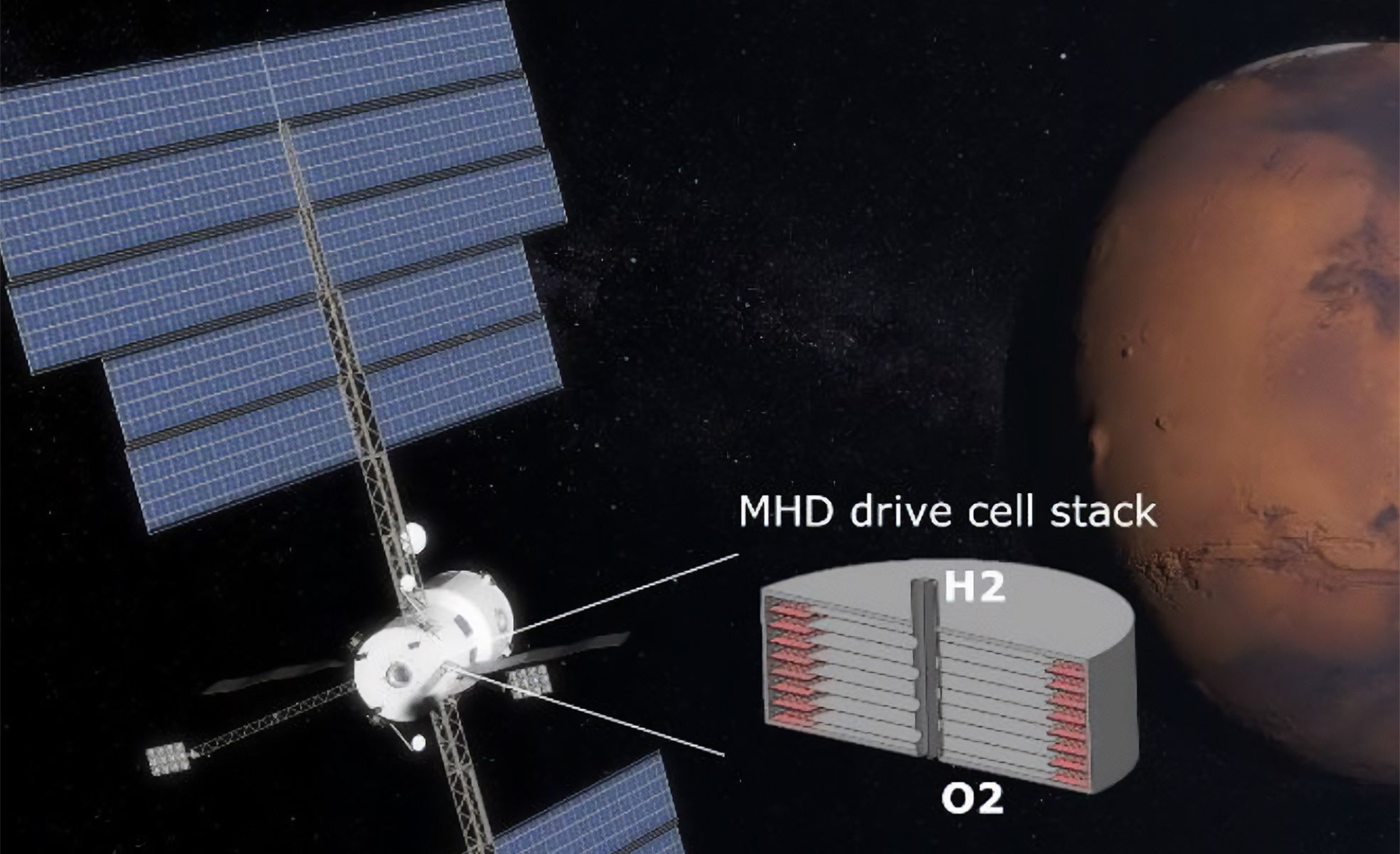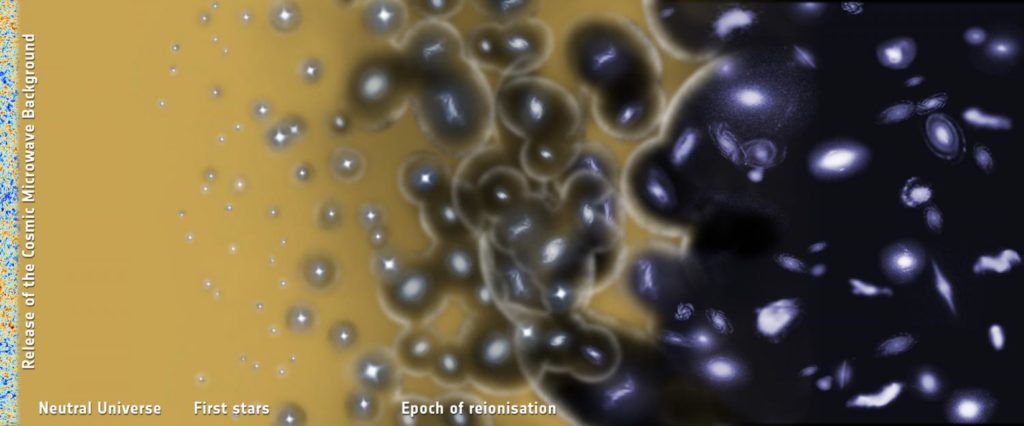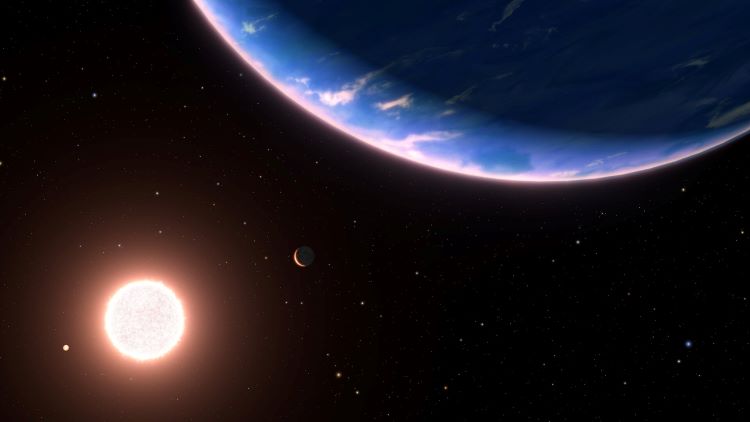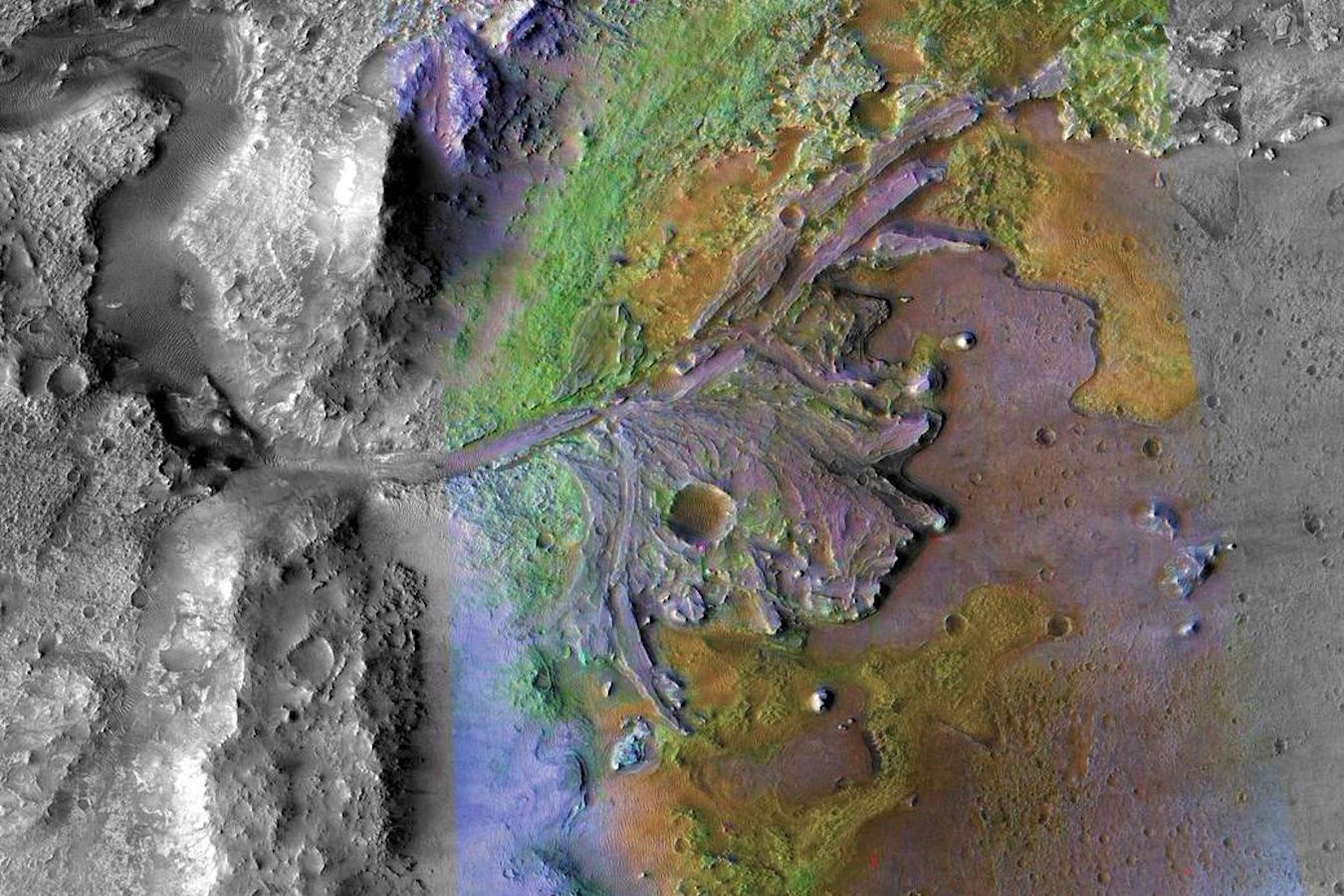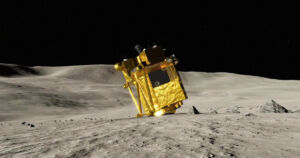One ongoing mystery on Mars is the sporadic detection of atmospheric methane. Since 1999 detections have been made by Earth-based observatories, orbital missions, and on the surface by the Curiosity Rover. However, other missions and observatories have not detected methane at all, and even when detected, the abundances appear to fluctuate seasonally or even daily.
So, where does this intermittent methane come from? A group of scientists have proposed an interesting theory: the methane is being sucked out of the ground by changes in pressure in the Martian atmosphere. The researchers simulated how methane moves underground on Mars through networks of underground fractures and found that seasonal changes can force the methane onto the surface for a short time.
In their paper, published in the Journal of Geophysical Research: Planets, the scientists say their simulations predict short-lived methane pulses prior to sunrise for Mars’ upcoming northern summer period, which is a candidate time frame for Curiosity’s next atmospheric sampling campaign.
Continue reading “Atmosphere Pressure Changes Could Explain Mars Methane”


